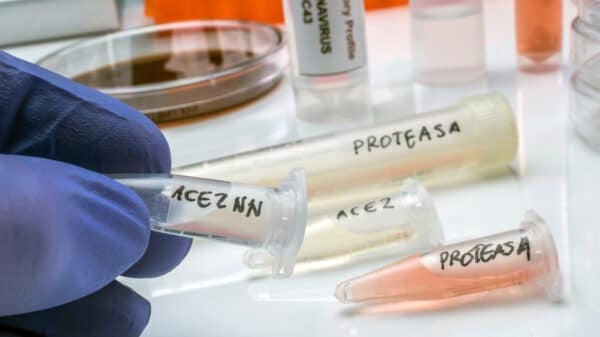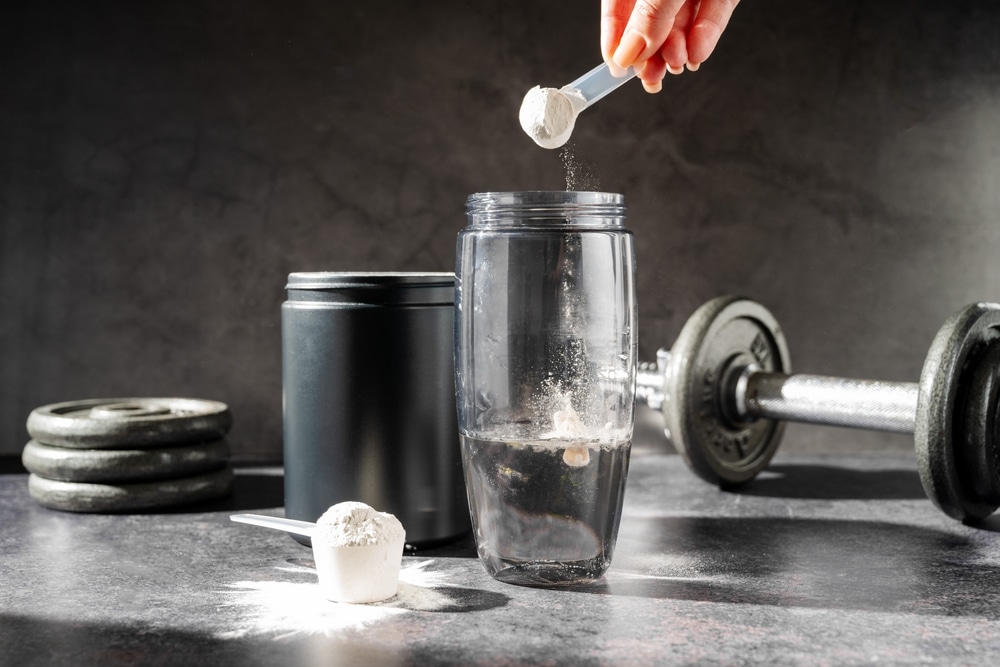Creatine, especially in its monohydrate form, stands as one of the most extensively researched supplements in fitness and athletic circles due to its promising effects on performance and recovery. The pivotal question many athletes encounter is: “When is the optimal time to take creatine?”
Some enthusiasts advocate for consumption before workouts, while others swear by taking it afterward. Yet, some suggest that it’s far more crucial to maintain regularity in dosing. So, which stance holds the most merit?
When is the Optimal Time for Creatine Intake: Pre- or Post-Workout?
Research indicates that whether creatine is consumed before or after exercise can both yield positive results, but emerging evidence tends to favor post-workout intake. Studies have shown that athletes who ingested creatine immediately following resistance training exhibited greater gains in strength and muscle mass compared to those who took it beforehand.
For example, in a clinical trial conducted in 2013, participants taking creatine after resistance workouts demonstrated more significant improvements in both fat-free mass and strength than their pre-workout counterparts. This advantage is attributed to the body’s heightened capacity to absorb nutrients post-exercise, particularly if creatine is consumed alongside a post-workout meal rich in carbohydrates and protein.
That said, if it’s more convenient for you to take creatine before exercise—perhaps blended into your pre-workout shake—you will still reap the benefits. Consistency in daily intake remains the cornerstone of effective supplementation.
The Ideal Timing for Muscle Gain
If your primary aim is muscle gain, synchronizing your creatine intake with your workout can be a beneficial strategy. Most fitness experts suggest taking creatine shortly after strength training, maximizing muscle creatine stores and aiding in protein synthesis.
Augmenting creatine with protein and carbs in a post-workout shake can further amplify anabolic responses, supporting long-term muscle growth. A systematic review published in 2024 found that adults under 50 who combined creatine supplementation with resistance training experienced significantly greater muscle gains compared to those only engaged in training.
Best Time of Day for Creatine
While research extensively explores pre- and post-workout timing, fewer studies delve into the optimal times of day to take creatine, such as morning versus evening. What does remain clear is that consistency plays a crucial role in maintaining elevated muscle creatine levels.
The most practical times include:
- Post-workout, capitalizing on muscle receptiveness
- During meals, which aids absorption and mitigates potential stomach issues
- At a consistent time each day, fostering a habit that keeps creatine levels steady
Ultimately, taking creatine daily is significantly more important than the specific time of day. Research supports daily doses of three to five grams to sufficiently saturate muscle stores, regardless of a loading phase.
Creatine on Rest Days
Keeping your creatine routine intact on rest days is beneficial. Unlike a quick energy boost, creatine functions by cumulatively saturating muscle stores over time. Skipping on non-training days can hinder this process.
Numerous studies affirm that supplementing creatine on rest days helps maintain adequate saturation of muscle creatine levels. Missing doses can lead to decreased concentrations, blunting the benefits of your supplementation.
Should Creatine be Taken with Food?
While it’s not absolutely essential, pairing creatine with meals—particularly those high in carbohydrates and proteins—can enhance absorption. Insulin release during eating facilitates more efficient creatine transfer into muscle tissue.
Though studies suggest creatine will still be effective without an accompanying meal, results may be marginally slower or less efficient. If you experience discomfort when taking creatine on an empty stomach, consider coupling it with a small meal.
Key Considerations for Taking Creatine
When determining the optimal method for taking creatine, consider the following:
- Loading Phase (optional): Some individuals initiate with 20 grams of creatine daily (divided into four doses) for faster saturation, transitioning to a maintenance dose afterward.
- Maintenance Phase: Following loading, three to five grams daily is standard to sustain creatine levels.
- Hydration: As creatine draws water into muscle cells, adequate hydration is essential.
- Diet and Training Status: Individuals with limited creatine from dietary sources may experience more pronounced benefits.
- Creatine Quality: Opt for high-quality creatine monohydrate, as it is the form with the most research supporting its efficacy.
- Consistency: Regular dosing is crucial for maintaining effectiveness.
Recommended Creatine Dosage
Some individuals may skip the loading phase and start directly with a maintenance dose, although this approach will require several weeks to achieve similar muscle saturation levels.
| Phase | Dose | Duration |
|---|---|---|
| Loading (optional) | ~20-25 g/day, split into 4-5 doses (~0.3 g/kg/day) | 5-7 days |
| Maintenance | 3-5 g/day (≈ 0.03 g/kg/day) | Ongoing |
The recommended dosage for most individuals is three to five grams per day for maintenance, or 0.1 grams per kilogram of body weight for a more tailored approach. Creatine monohydrate remains the most cost-effective and extensively studied form.
Benefits of Creatine Supplementation
Incorporating creatine into your fitness regimen can lead to various benefits, especially when complemented by resistance training. Among its most prominent advantages are:
- Aids muscle growth by enhancing water retention and protein synthesis.
- Enhances strength and power output during intense exercise.
- Facilitates quicker recovery by promoting ATP replenishment.
- Supports cognitive function and brain health, particularly in older adults.
- May reduce fatigue during strenuous training phases.
- Potentially aids healthy aging through the preservation of muscle mass.
Risks and Side Effects
Considered safe for most healthy individuals at recommended dosages, the most common side effect of creatine supplementation is water retention, which can result in a temporary weight increase. Some users may also experience mild bloating or gastrointestinal upset, often alleviated by dosing adjustment or meal pairing. Individuals with pre-existing kidney conditions should consult their healthcare provider before initiating creatine use.
Image Source: Erhan Inga / Shutterstock






























